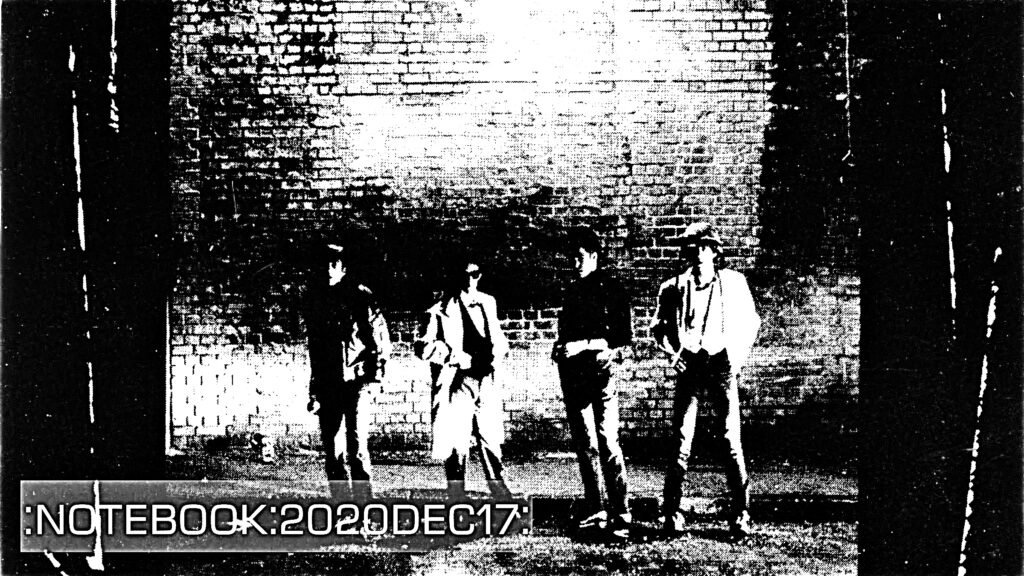
Joseph Branciforte pops up on my computer monitor as we begin our chat. He’s in an austere studio chamber, pristine and wooden, with racks of audio gear and a familiar Juno-60 behind him, all by its lonesome. Are those a pair of Grammy awards I see on the shelf? It’s not the typical studio I encounter when chatting with a musician making electronic or experimental music. Besides the Juno, it doesn’t look like any studio I’ve recorded in. Mine are always a mess.
Have you ever noticed that graphic artists, especially those with a refined aesthetic, have the nicest workspaces? The idea must extend to mastering and mixing engineers of Jospeph’s caliber and scrupulous dedication. Glance over his client list, and you’ll see names that I’m sure have requirements: the ECM label, known for its consistently polished palette, figures in as a patron of services. This makes Joseph’s Greyfade imprint, established in 2019, an exciting development. We expect a bending of sonic expectations, a lack of preference for electronic and organic, music redefining its terms, all immaculately recorded and presented.
I’ve got Joseph and his studio on my monitor as we’re discussing LP2, a collaborative album with storied vocalist Theo Bleckmann. Joseph is warm, engaged, and obviously proud of his work on this record. He should be—featuring Theo’s wordless melodies and Joseph’s electronics, the album bends all expectations, blurs the electronic and the organic, and redefines plenty. As for how it’s recorded and presented, the sound of it is as stunning as the record’s stark design and packaging is remarkable. Released at the tail end of 2023, on the eighth of December, LP2 made it just in time to become my album of the year.
I should briefly explain Theo Bleckmann. He’s a vocalist and composer of incredible range (“both his pitch and emotional range,” says Joseph in our conversation) and an epically diverse repertoire. He’s a human instrument, as you’ll hear on LP2. and has worked with the likes of Laurie Anderson, John Zorn, Meredith Monk, Philip Glass, so many others. Curiously, and possibly impressively, Theo is credited with an alien language in Men In Black.
As an electronic manipulator himself—Theo submits his instrument to his own rack of effects—the voice is game for dipping in and out of familiarity. Joseph enhances and de-hances, both within live improvisation and in a post-production setting, and the results are magical. I almost wish I didn’t know anything about the who and why of LP2, as that would make its songs so immediately mysterious. What’s the voice? What’s synthesized? Are we outside? What’s electronically rejiggered? Is that a vibraphone?
The instruments on LP2 insist on being listened to as a whole rather than picked apart. This makes discernment fuzzy, especially if experiencing with mystery, but satisfying for those of us seeking something secure yet impressionistic. What Theo and Joseph have created floats around—a warm mist that’s neither comforting nor ominous but holds gentle touches of both.
My conversation with Joseph was heady and sometimes technical. We delve into his process and dig into the creation of specific tracks on LP2. In contrast to my vague, descriptive flowers above, Joseph delivered a pleasantly straightforward overview of what makes the album something special. We also chatted more than I’m letting on here, and I’m saving our short discussion about a much-anticipated future album until its release. Joseph also teased me at the end by saying, “We could talk about Master Of Puppets for an hour.” Bring it on.
❈ click for more ❈
